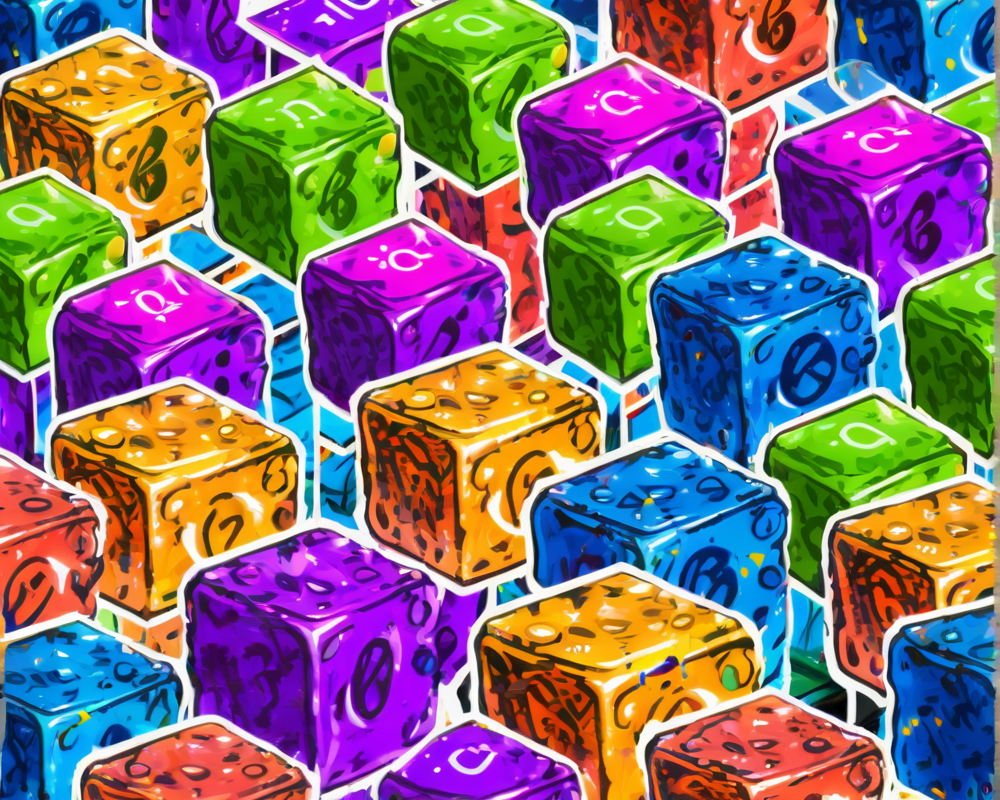The Digital Identity Revolution
As we plunge into the depths of the digital age, the very notion of identity is undergoing a radical overhaul. Enter decentralized identities, or DIDs, which are swiftly gaining recognition for empowering individuals in their digital lives. Think of DIDs as the Bitcoin of the identity sphere, liberating users from the shackles of central authorities, much like how Bitcoin liberated users from traditional banking and financial systems.
From Ownership to Unity: The Advantages of DIDs
In a world overflowing with digital identities—from social media profiles to virtual avatars—DIDs stand out by reshaping ownership and unity. Traditionally in the Web2 era, platforms claimed ownership of our data, leaving us with a fragmented digital existence. DIDs significantly alter this paradigm:
- Ownership: With a DID, users truly own their identity through private keys, returning control back to individuals. This is equivalent to holding the title for your house instead of renting it.
- Unity: Imagine having a single key that unlocks every door to your digital universe. DIDs offer users the possibility to unify their scattered online personas, streamlining interactions across multiple spheres.
The Power of Community Governance in DIDs
Community governance is a hot topic in the blockchain universe, and it plays a pivotal role in DIDs. Governance models rely heavily on community engagement, and DIDs facilitate this by accurately capturing community membership.
Imagine a democratic setting where only those vested in an organization can influence its direction. DIDs ensure that contributions and reputations translate into voting power, fostering a transparent and inclusive governance framework.
DID Evolution: From Naming System to Ecosystem
The journey of d.id reflects the evolving needs of the online community. Initially rooted in decentralized naming, d.id transformed into a broader ecosystem to cater to dynamic team structures and user engagement. By concentrating on fundamental human needs, d.id examined critical questions to shape its offerings:
- How can like-minded individuals cultivate genuine communities?
- What strategies foster effective collaboration?
- Amidst AI advancements, what distinguishes us in the digital realm?
Simplifying Web3 for All: Barriers Come Tumbling Down
Transitioning from Web2 to Web3 can evoke both excitement and trepidation. D.id makes this move seamless by advocating for barrier-free Web3 principles—no private keys, no transaction fees, just pure decentralization. They strive to ensure their tools remain approachable for everyone, making complex technologies understandable and accessible.
Rethinking Our Digital Persona with DIDs
At the heart of DIDs lies an innovative model that aggregates an individual’s accomplishments through their unique identifier. This identity extends across various platforms, allowing individuals to showcase their diverse contributions in one cohesive identity. No longer confined to a single application’s limitations, DIDs promise a future where identities adapt as fluidly as we do in our real lives.
Growth Across Digital Realms: Gaming, DAOs, and Beyond
The influence of DIDs is already being felt across various sectors, from fan communities to decentralized autonomous organizations (DAOs). By enhancing user authentication and bolstering collaborative frameworks, DIDs stand ready to optimize experiences for:
- Fans: Strengthening the connection between fans and their idols by directly linking their identities to brands.
- DAOs: Streamlining governance processes through a DID-centric approach for decision-making.
- Gamers: Offering a robust account system that enhances security and engagement in online games.
A Decentralized Future Awaits
The magic of DIDs lies in their ability to redefine identities. As we move forward, individuals will possess the freedom to transport their digital identities seamlessly across different platforms, much like the ease with which we transfer money through various wallets. Imagine a world where identity verification is instant and straightforward—this is the future that DIDs are paving the way for, creating a decentralized landscape that harmonizes connections and interactions.




